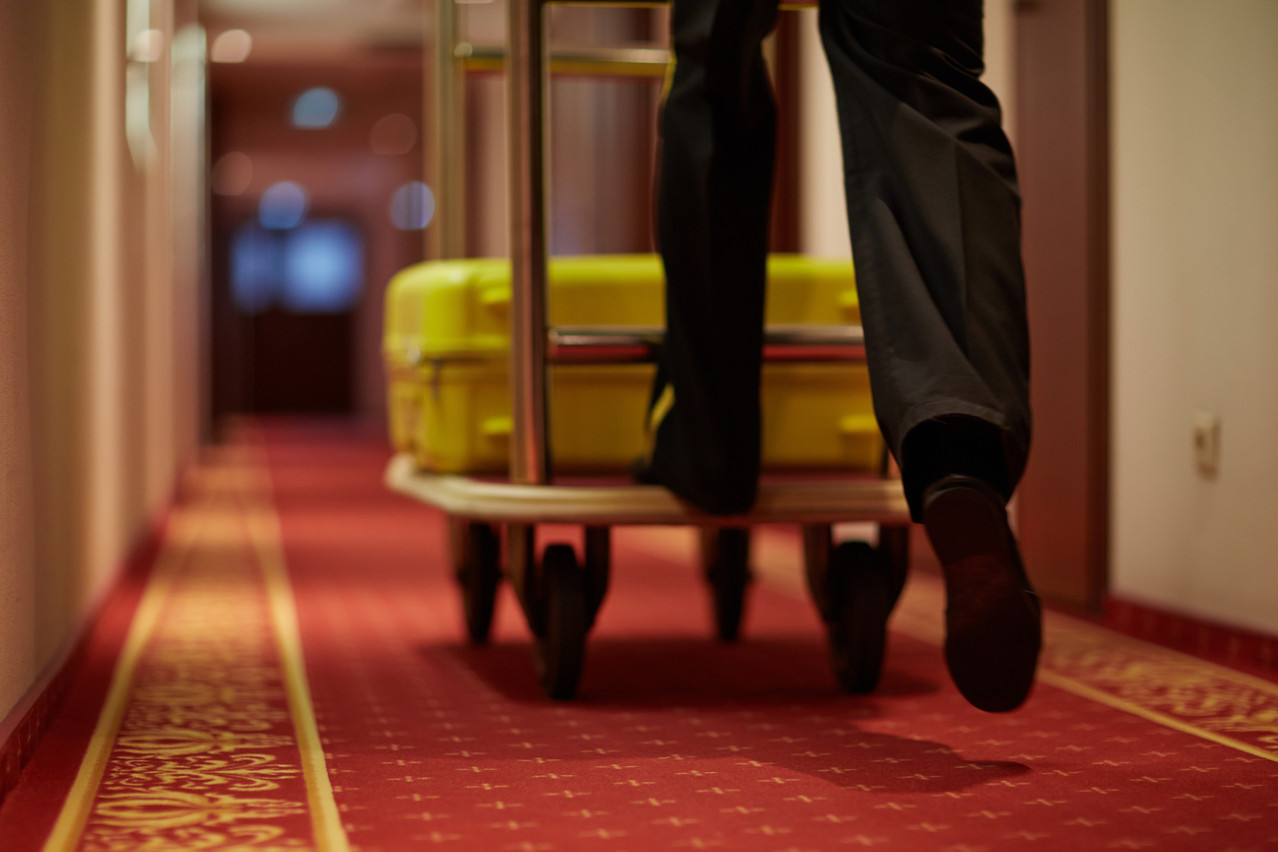Getting clients to come back to hotels also meant adapting at the height of the pandemic. The Stay Safe with Meliá programme--focused on hygiene and safety rules--was geared towards building trust.
Likewise, Graace Hotel, the winner of the Luxembourg Tourism Award, reinforced its contactless experience by changing its entire lock system to avoid using actual keys, explored online check-in, and new ways to stay close to guests while limiting physical contact, explains the hotel’s manager, Eline Ommeganck. The launch of a café, wine bar, and glasshouse in recent months, and other service alterations to reduce energy consumption and food waste, forms part of new trust building mechanisms that are being explored.
Re-building trust and pivoting hotel services
“I think it’s a very old-fashioned way to see hotels as just a place to sleep,” says Chris Peeters, the director of sales and marketing at Meliá Hotels International. “Hotels are hotspots for the community and for travellers to meet and have special encounters.”
Initiatives such as the first edition of the vide-dressing event to support local businesswomen, which was hosted at the newly opened Innside by Meliá, point to how the hotel space is expanding its offers. Another example is the Médecins Sans Frontières and Magnum Photos exhibition organised in partnership with Meliá Luxembourg. “This is the role we need to play. We can highlight and help amplify messages towards the local community and international visitors.”
First signs of a recovery?
The indication from the last six months shows optimistic signs in comparison to a particularly slow year in 2020. “We realised that since June, business went up. And then, August, September, and October were really good,” says Ommeganck. “A lot of businesspeople are coming back. Whereas in the beginning, we only had leisure tourists from the neighbouring countries.” Its current share of business clients is estimated to be on a par with leisure clients.
Peeters mentions a similar trend at Meliá. “In July and August, we saw a lot of leisure clients. As from September, we saw that business travel, and the meeting and events industry were picking up, but with a lot of last-minute requests. November still seems to be fine, however, due to the recent increase in infections, there are again some question marks.” A higher share of leisure clients came during the weekends, while clients staying for non-leisure related reasons during the week in September and October are estimated at around 65 percent. New strategies are in the pipeline to boost business stays.
2022 trends
It would not be far-fetched to expect more last-minute bookings. This may be because “people are still a bit afraid of cancellation policies”, explains Ommeganck. Nevertheless, she adds that business and international travellers will look for a “complete experience” after being stuck at home for so long. To match these expectations, “hotels that think outside the box or have a completely different design and approach are getting more buzz than those traditional hotels”. In 2022, promoting initiatives by local entrepreneurs together with leading players is high on the agenda, explains Peeters.
This article was originally published in the . This web version has a different title.
